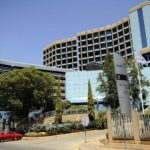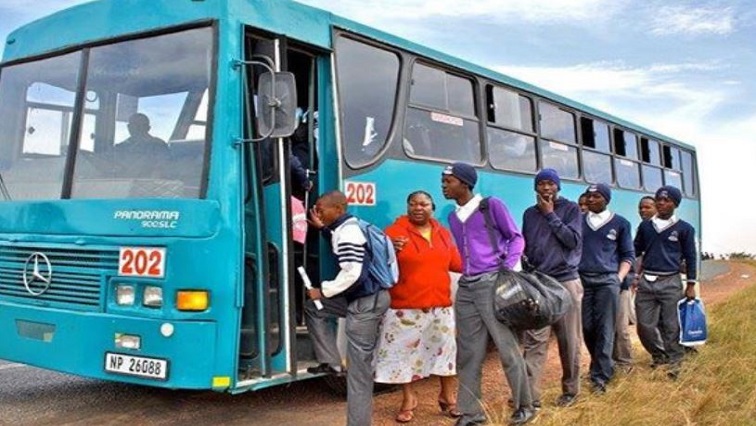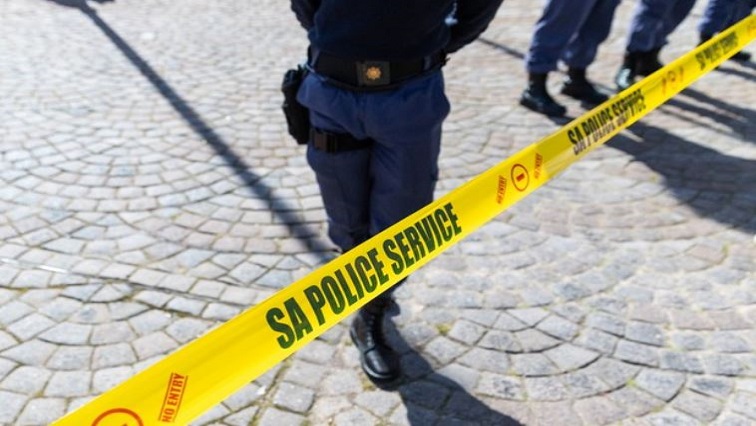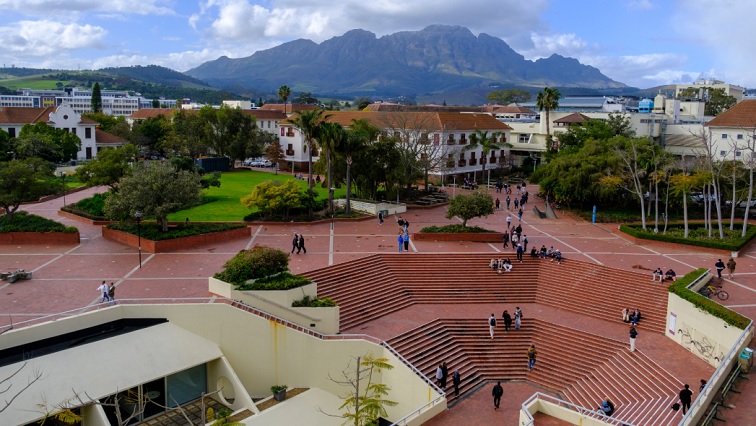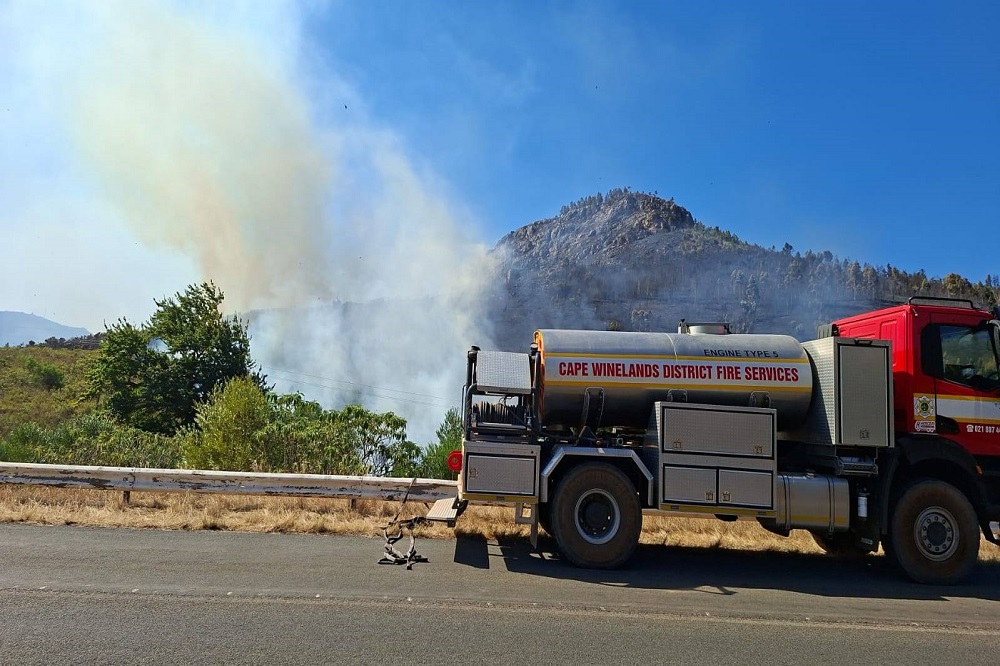-
FILE | Pupils using scholar transport.
The North West Department of Community Safety and Transport Management has put aside more than R1 billion for transport operations. When presenting the R2.4 billion budget for the 2025/2026 financial year at the provincial legislature in Mahikeng, MEC Wessels Morweng said half of that budget will be allocated to transport operations.
This follows instances where some buses were involved in accidents, and unroadworthy buses were used to ferry learners to schools.
There’ve also been reports of learners being stranded as unpaid service providers refused to send buses to ferry them. The portfolio committee on community safety and transport management in the North West believes that modernised systems should be at the heart of this budget vote to deal with challenges facing scholar transport in the province.
“You’ll remember honourable members that there were a number of complaints, marches, as well and tools down by service providers who are rendering services on scholar transport against slow payment of their services after they have delivered services. Therefore, the committee engaged on that matter and wanted to understand as to when will the department invoke what is called an electronic invoice system and whether that system will be able to become transparent enough in a sense that suppliers as well as members will have real time to track payments and check how payments are being processed,” explains Freddy Sonakile, Chairperson: NW Community Safety & Transport Portfolio Committee.
Members of the opposition say persistent failure of the department has resulted in unsafe and unreliable transport, failure of service providers to meet obligations and a negative impact on learners’ education.
“More than half of the R2. 4 billion budget is allocated to transport operations, while the scholar transport contracts were in higher contention in the previous financial year because so many of them were awarded to incompetent, staunch political allies of the African National Congress, the principle of beneficiary by association has led to the scholar transport system being more lethal than ever,” says Calvin Moema, Economic Freedom Fighters (EFF) MPL.
“The scholar transport is barely holding together. We have seen and we stood on roadsides where in Lotlhakane and Lokaleng and seen learners who wake up at 4 am to walk to school, walk kilometres to pick up points, climb overcrowded and late or non-existent transport or buses that are not roadworthy. These are not isolated cases. It’s systemic. Where is the maintenance plan, monitoring framework, the payment tracking system, where is the leadership?” asks Christian Steyl, Democratic Alliance (DA) MPL.
The department has admitted to challenges faced by scholar transport in the province and promised to put in place intervention measures.
“We are in the process of appointing an electronic monitoring firm to improve efficiency on the learner transport system as well. The use of scholar transport buses that are in poor condition remains a serious challenge and the department has established an inspection unit to focus on scholar transport enforcement and compliance. We are not going to leave any stone unturned to ensure that learners are transported with buses that meet our contractual standard,” says MEC Morweng.
The portfolio committee has vowed to keep a close eye on the budget to ensure that funds are utilised efficiently.



